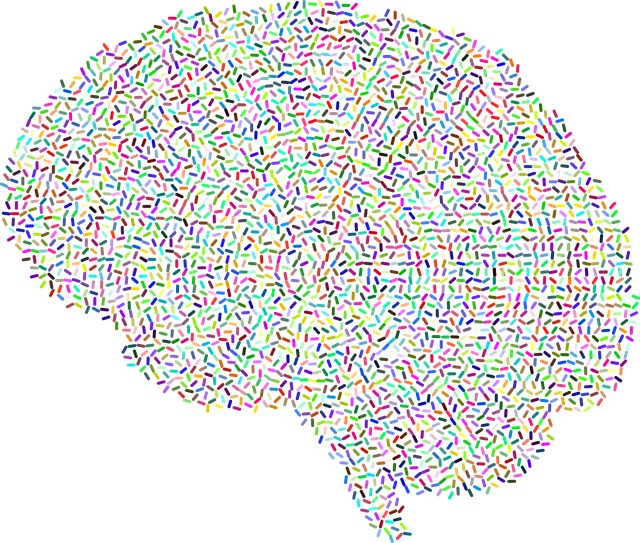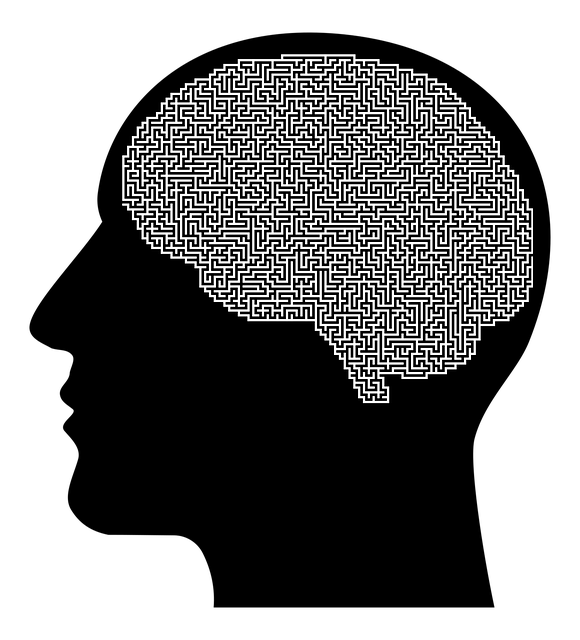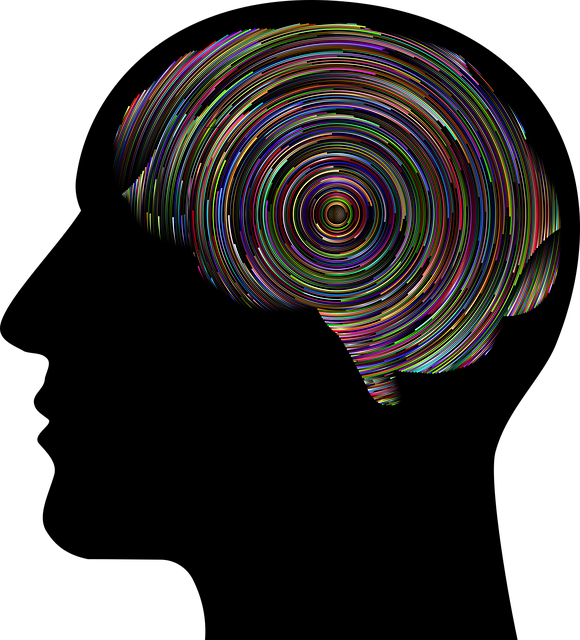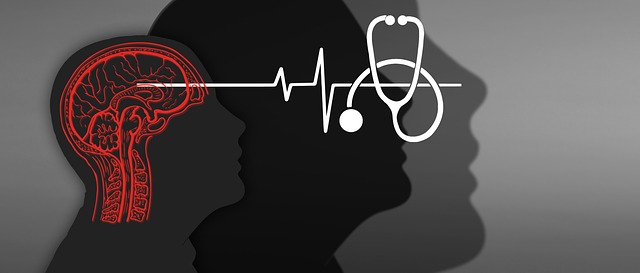In Castle Rock, Castle Rock Spiritual-Religious Issues Therapy offers a holistic approach to addressing loss, grief, and bereavement, integrating faith and belief systems with modern therapeutic techniques. This unique blend encourages emotional exploration through self-awareness exercises, develops coping skills, and promotes resilience. Therapists sensitively navigate diverse religious beliefs, address low self-esteem, and provide tailored support for each client's needs, ultimately enabling individuals to find solace and gradually integrate back into daily life after profound loss.
Loss, grief, and bereavement are profound experiences that can profoundly impact an individual’s well-being. This comprehensive guide delves into the intricate world of healing after loss, offering a detailed overview of understanding grief, exploring spiritual-religious aspects, and introducing innovative therapy approaches like Castle Rock Spiritual-Religious Issues Therapy. We also examine common challenges in counseling sessions and provide effective strategies for supportive care post-loss.
- Understanding Loss, Grief, and Bereavement: A Comprehensive Overview
- The Role of Spiritual-Religious Issues in Counseling Process
- Exploring Castle Rock Therapy: Unique Approach to Healing
- Common Challenges Faced During Grief Counseling Sessions
- Effective Strategies for Providing Supportive Care After Loss
Understanding Loss, Grief, and Bereavement: A Comprehensive Overview

Loss, grief, and bereavement are complex emotional experiences that can significantly impact an individual’s mental health and overall well-being. Understanding these concepts is essential in providing effective support to those going through difficult times. Loss refers to the absence or deprivation of something valued, such as a loved one, relationship, or even a lifestyle change. It sets the foundation for grief, which is the emotional response to loss, often characterized by feelings of sadness, anger, and confusion. Bereavement, on the other hand, specifically pertains to the period following a significant loss, where individuals begin to adjust to life without what or who was cherished.
In Castle Rock, addressing spiritual-religious issues through therapy can be instrumental in counseling individuals during these challenging times. The process involves helping clients explore and understand their unique relationship with the lost individual or concept, while also teaching them healthy coping mechanisms. This holistic approach to mental health considers various aspects of a person’s life, including social skills training, stress management, and even advocacy for better mental health policies, ensuring comprehensive care tailored to each client’s specific needs.
The Role of Spiritual-Religious Issues in Counseling Process

In Castle Rock Spiritual-Religious Issues therapy, addressing faith and belief systems is an integral part of the counseling process, especially when clients are dealing with loss, grief, and bereavement. Many individuals find comfort in their spiritual or religious practices during difficult times, as it provides a sense of purpose, meaning, and connection to something greater than themselves. Therapists who incorporate spiritual-religious aspects into counseling sessions offer a safe space for clients to explore these beliefs, rituals, and practices that may be helping them cope with their loss.
This approach allows for the integration of faith-based stress reduction methods and emotional well-being promotion techniques tailored to each client’s unique background. By recognizing the influence of spiritual-religious issues on emotional health, therapists can enhance their healthcare provider cultural competency training, ensuring they are equipped to support clients from diverse religious and spiritual backgrounds. This holistic perspective is valuable in facilitating healing and providing comprehensive care during challenging times.
Exploring Castle Rock Therapy: Unique Approach to Healing

Castle Rock Therapy offers a unique and innovative approach to healing from loss, grief, and bereavement. This therapeutic method integrates spiritual and religious issues, providing clients with a safe space to explore their deepest emotions and beliefs in a supportive environment. The therapy encourages individuals to delve into self-awareness exercises that promote understanding of their feelings and help them develop effective coping skills. By combining ancient wisdom with modern practices, Castle Rock Therapy empowers people to navigate through the complex landscape of grief, fostering resilience and inner peace.
This holistic approach goes beyond traditional counseling techniques, incorporating mental health policy analysis and advocacy as part of the healing process. Through this lens, clients gain insights into how societal and cultural factors influence their experience of bereavement. By developing robust coping skills, individuals not only learn to manage their present challenges but also gain tools to prepare for future obstacles, ensuring long-term well-being in the face of loss.
Common Challenges Faced During Grief Counseling Sessions

Many individuals seeking grief counseling often face unique challenges that can impact their therapeutic journey. One common hurdle is navigating spiritual-religious issues, especially in a diverse society like Castle Rock. Clients may have differing beliefs or struggle to reconcile their faith with the loss they’ve experienced. This complexity demands therapists be sensitive and well-versed in various religious traditions to provide support without imposing their own views.
Another challenge pertains to self-esteem improvement and positive thinking. Grief can significantly dampen one’s sense of self, leading to feelings of inadequacy or hopelessness. Incorporating mental health education programs designed to strengthen coping mechanisms and encourage positive thinking can be transformative. By addressing these challenges head-on, therapists enable clients to navigate their grief in healthier, more constructive ways.
Effective Strategies for Providing Supportive Care After Loss

After a loss, providing supportive care is essential to help individuals navigate their grief and bereavement. One effective strategy is incorporating Castle Rock spiritual-religious issues therapy into the counseling process. Understanding the individual’s belief system and allowing them to express their faith or lack thereof can offer comfort and guidance during difficult times. Therapists skilled in this area create a safe space for exploration, encouraging clients to share their stories and connect with their higher powers or community support systems. This approach acknowledges the profound impact of loss on one’s sense of purpose and belonging.
Additionally, promoting positive thinking and stress management workshops can empower individuals to cope with their grief healthily. These sessions teach valuable tools for stress reduction, self-care, and emotional regulation. Social skills training is another beneficial component, as it helps grieving people rebuild connections and navigate social interactions with sensitivity and awareness. By combining these strategies, counselors offer a holistic approach to supportive care, enabling individuals to find solace, build resilience, and gradually integrate into their daily lives after loss.
Loss, grief, and bereavement counseling are integral parts of healing after a significant loss. By understanding the unique challenges each individual faces during this process, therapists can provide tailored support using innovative approaches like Castle Rock therapy, which integrates spiritual-religious issues for holistic healing. Effective strategies outlined in this article equip professionals to offer compassionate care, helping clients navigate their grief and find solace after loss. This comprehensive guide highlights the importance of addressing emotional needs with empathy and specialized techniques to foster resilience during difficult times.














